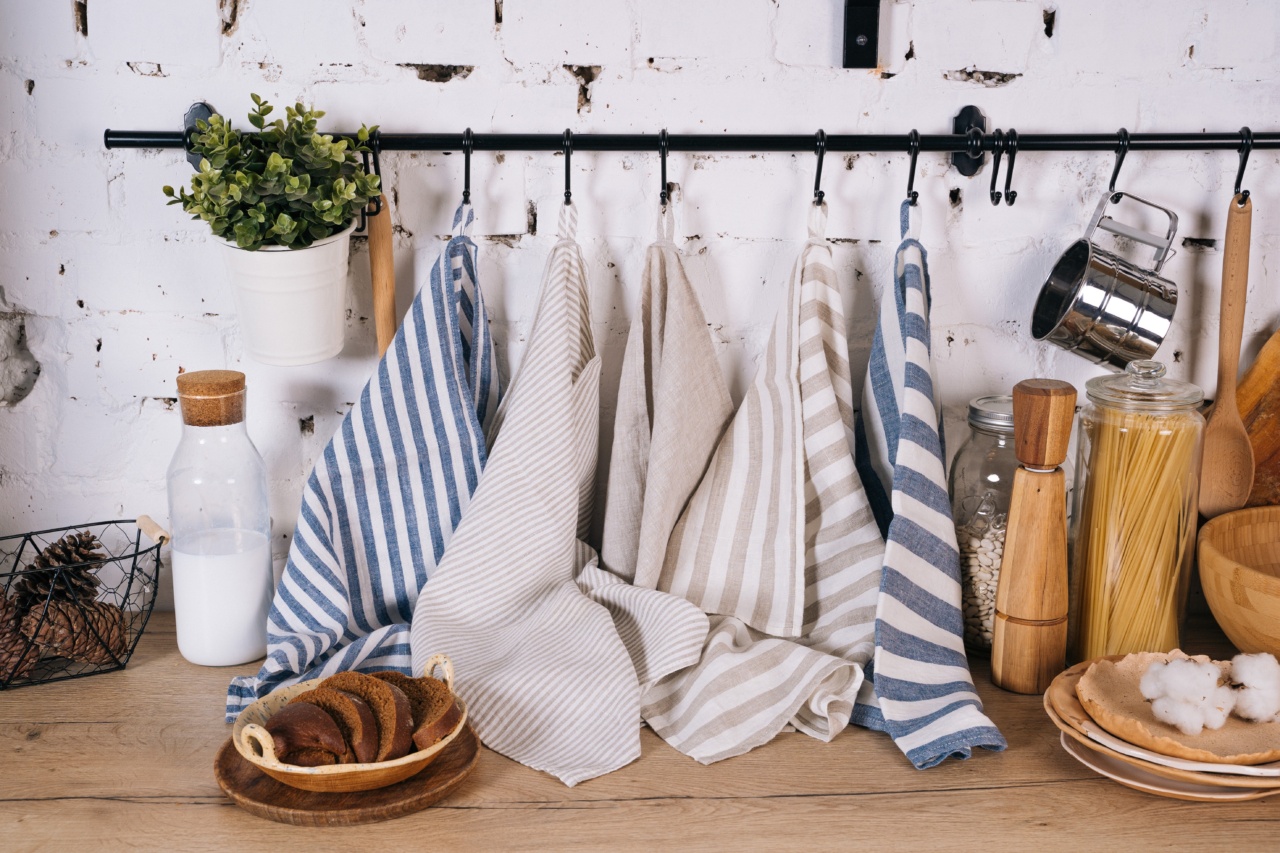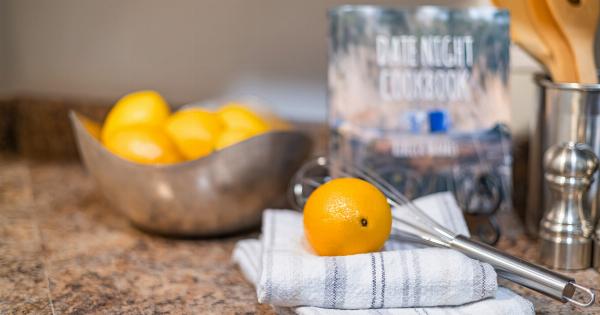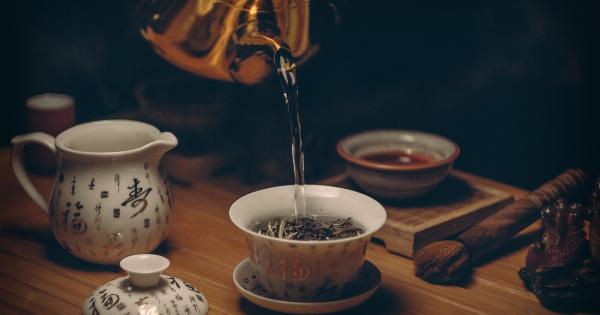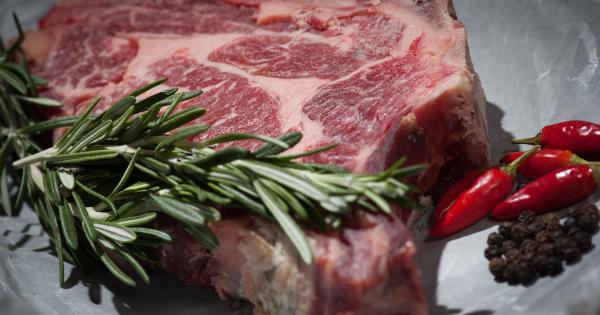Kitchen towels are essential for cleaning up spills, drying dishes and wiping down counters.
However, did you know that your kitchen towels could be harboring harmful bacteria? Studies have shown that kitchen towels are often contaminated with bacteria that can cause foodborne illnesses.
What Bacteria Could Be Lurking on Your Kitchen Towels?
There are several types of bacteria that could be lurking on your kitchen towels. One of the most common is E. coli, which can cause diarrhea and even kidney failure. Another type of bacteria is salmonella, which can cause fever, vomiting, and diarrhea.
Staphylococcus aureus, which can cause skin infections if it gets into cuts or wounds, is also commonly found on kitchen towels.
How Do Bacteria Get on Your Kitchen Towels?
Bacteria can get on your kitchen towels in a number of ways. For example, if you use a towel to wipe up raw chicken juice, the bacteria from the chicken can get onto the towel.
Similarly, if you use a towel to dry your hands after handling raw meat, the bacteria from your hands can get onto the towel. Bacteria can also be transferred onto towels from dirty dishes or surfaces.
How Can You Prevent Bacteria from Getting on Your Kitchen Towels?
Fortunately, there are several things you can do to prevent bacteria from getting on your kitchen towels. Here are a few tips:.
Use separate towels for different tasks
Use separate towels for drying dishes, wiping down counters and cleaning up spills to avoid cross-contamination.
Wash your towels regularly
Wash your kitchen towels in hot water after each use. Make sure to use a detergent that contains bleach to kill any bacteria that may be present on the towels.
Be mindful of how you use your towels
Make sure to use clean towels each time you dry your hands or wipe down surfaces. Don’t leave wet towels lying around, as this can encourage the growth of bacteria. Instead, hang your towels up to dry between uses.
Use paper towels instead
If you are concerned about the bacteria on your kitchen towels, consider using paper towels instead. This is a good option for drying your hands or cleaning up spills.
The Bottom Line
Kitchen towels are an essential part of any kitchen, but they can also be a breeding ground for harmful bacteria. By taking a few simple precautions, you can minimize the risk of contamination and keep your kitchen clean and safe.





























